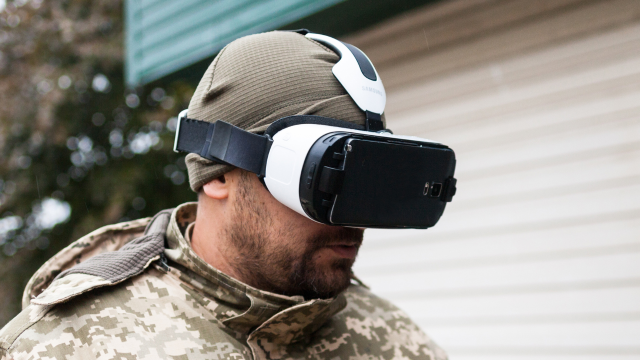This morning at Samsung’s Galaxy Unpacked event, Samsung president and head of MX business (previously known as mobile business), TM Roh, took to the stage to unveil the next range of Galaxy flagship devices and laptops. But one announcement at the end stuck out as particularly interesting: Samsung is getting into the extended reality (XR) business, by teaming up with Qualcomm and Google.
Hiroshi Lockheimer, senior vice president of platforms and ecosystems at Google, along with Christiano Amon, president and CEO of Qualcomm, jumped on stage to announce the joint venture. Apparently, it’s something they’ve been working towards for a while.
This part of the presentation kicked off about 10 minutes before the whole Galaxy Unpacked event wrapped up. We’ve linked to the timestamp below.
“We’re also collaborating to bring next-generation experiences to other galaxy products, including laptops, tablets, XR and more. And in XR, we’re working to create a new era of highly immersive digital experiences that blur the lines between our physical and digital worlds,” said Amon.
“We have the foundation to make this opportunity a reality and drive the future of the spatial internet.”
This isn’t an overly surprising development, especially with Apple rumoured to be entering the XR space soon with its own headset. Meanwhile, HTC has been in the VR space for a long time now, having recently released the Vive Elite XR, and Meta has recently released the Meta Quest Pro.
The space is certainly shaping up to have some fierce competition, and with Qualcomm, Google and Samsung joining forces, things are likely to get more competitive.
Before we go any further, let’s just explain some terms. AR, or augmented reality, is reality that has stuff augmented into your vision, such as using your phone camera to see graphics in a physical place. VR is virtual reality, for when you’re closed off from the world around you, but a headset is putting you into a virtual world. Mixed reality is when the virtual world and the real world come together. Extended reality is the umbrella term that brings all of these things together.
“An exciting space where Google has been investing in for a long time, across both experiences and technology, is AR and VR,” Lockheimer said.
“These technologies are integral to the new phase of computing, as it can change the way we interact with people and information to get things done in the real world.”
This is honestly very exciting, but the announcement wasn’t coupled with any new product announcements.
We don’t know what this collaborative headset or platform is going to look like on either the software or hardware sides just yet, but I am keeping my eyes peeled. I love playing with VR, and while I’m sceptical about using VR and XR as a work or social tool, I’m keen to see what these companies have in store.
Both Google and Samsung have experimented with XR before and have previously released VR headsets, with Samsung’s range quite broad (in collaboration with Oculus) and Google’s made of cardboard, though the search engine has also explored AR with its Google Earth and Google Maps apps.
Meanwhile, Qualcomm’s been very busy in the VR space for a while now, with its chip powering both the Meta Quest Pro and the Vive XR Elite.
Samsung’s XR plans are still vague, but exciting nonetheless.
